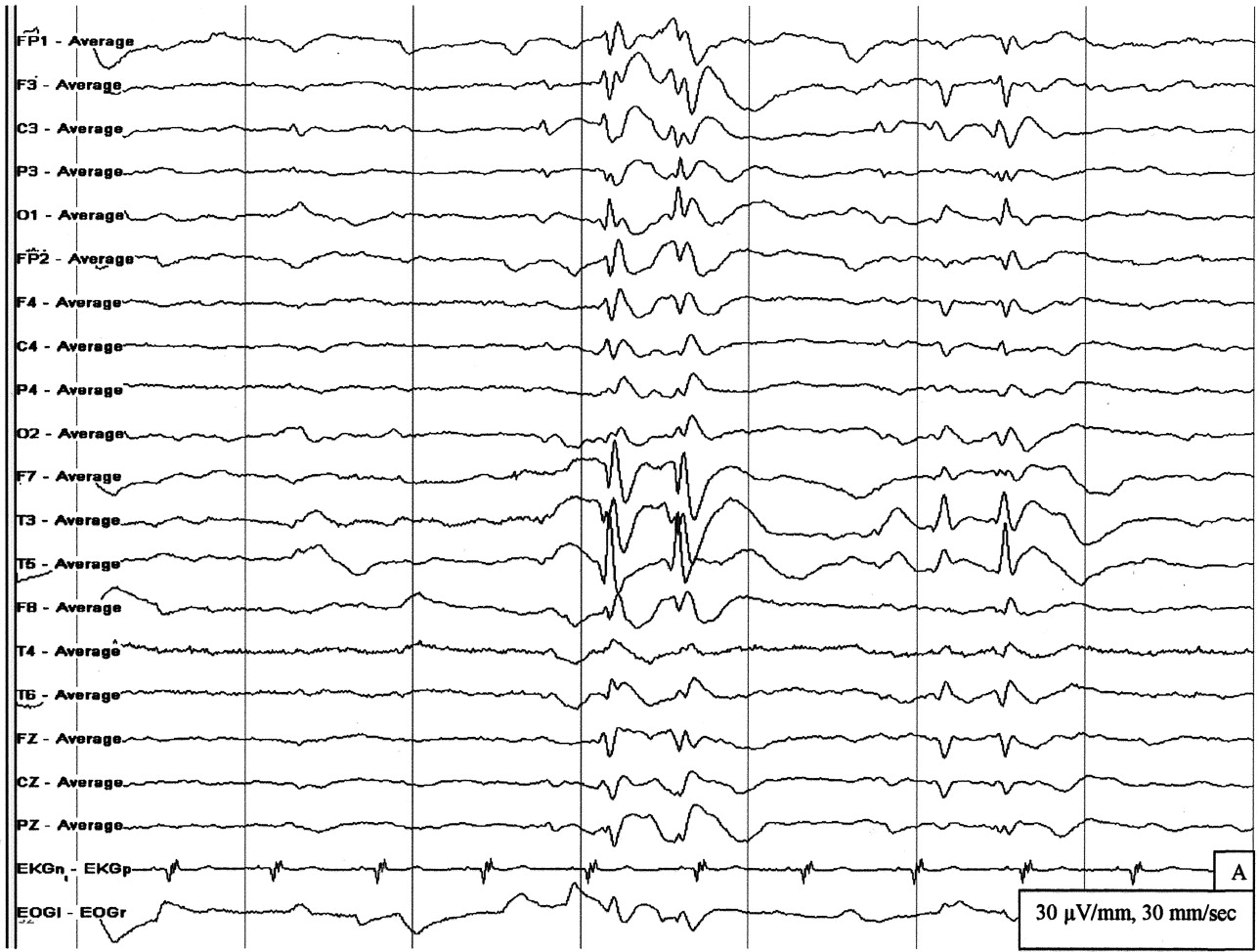
Continuous Spike-Wave During Slow Sleep (CSWS) is a rare epilepsy syndrome that primarily affects children. This condition is characterized by abnormal brain activity during slow-wave sleep, leading to cognitive and behavioral issues. CSWS often begins between ages 3 and 8, with boys being more frequently affected than girls. Symptoms can include seizures, learning difficulties, and changes in behavior. Diagnosing CSWS involves an overnight EEG to monitor brain activity during sleep. Treatment typically includes anti-epileptic medications and sometimes steroids. Understanding CSWS is crucial for managing its impact on a child's development and quality of life. Here are 25 essential facts about CSWS to help you grasp this complex condition better.
Key Takeaways:
- Continuous Spike-Wave During Slow Sleep (CSWS) is a rare epilepsy syndrome in children, causing cognitive and behavioral issues during slow-wave sleep. Early diagnosis and treatment are crucial for improving long-term outcomes.
- Treatment for CSWS involves medication, dietary therapies, and behavioral interventions to control seizures and address cognitive and behavioral impairments. Ongoing research aims to improve understanding and develop more effective treatments.
What is Continuous Spike-Wave During Slow Sleep (CSWS)?
Continuous Spike-Wave During Slow Sleep (CSWS) is a rare epilepsy syndrome that primarily affects children. It is characterized by abnormal brain activity during slow-wave sleep, leading to cognitive and behavioral issues.
- CSWS is most commonly diagnosed in children between the ages of 4 and 8.
- The condition is marked by continuous spike-and-wave discharges on an EEG during at least 85% of slow-wave sleep.
- CSWS can lead to significant cognitive decline, including problems with memory, attention, and learning.
- Behavioral issues such as hyperactivity, aggression, and social withdrawal are also common in children with CSWS.
- The exact cause of CSWS is unknown, but it is believed to be related to genetic and environmental factors.
Symptoms and Diagnosis of CSWS
Recognizing the symptoms and accurately diagnosing CSWS is crucial for effective treatment. Here are some key points about the symptoms and diagnosis process.
- Symptoms often include frequent seizures, particularly during sleep.
- Daytime symptoms may include lethargy, irritability, and difficulty concentrating.
- An EEG is the primary diagnostic tool for CSWS, revealing the characteristic spike-and-wave patterns during sleep.
- Neuroimaging techniques like MRI may be used to rule out other potential causes of the symptoms.
- A comprehensive neuropsychological evaluation is often conducted to assess the extent of cognitive and behavioral impairments.
Treatment Options for CSWS
Managing CSWS requires a multifaceted approach, often involving medication and supportive therapies. Here are some common treatment strategies.
- Anti-epileptic drugs (AEDs) are typically the first line of treatment for CSWS.
- Steroid therapy, such as prednisone, may be used to reduce inflammation and seizure activity.
- Intravenous immunoglobulin (IVIG) therapy has shown promise in some cases.
- Dietary therapies, like the ketogenic diet, can help control seizures in some children.
- Behavioral and cognitive therapies are essential for addressing the cognitive and behavioral issues associated with CSWS.
Prognosis and Long-term Outcomes
Understanding the long-term outlook for children with CSWS can help families and healthcare providers plan for the future. Here are some important facts about the prognosis and long-term outcomes.
- The prognosis for CSWS varies widely, with some children experiencing significant improvement while others continue to struggle with cognitive and behavioral issues.
- Early diagnosis and treatment are crucial for improving long-term outcomes.
- Many children with CSWS will continue to have some degree of cognitive impairment even after the seizures are controlled.
- Behavioral issues may persist into adolescence and adulthood, requiring ongoing support and intervention.
- Regular follow-up with a neurologist and other specialists is essential for managing the condition over the long term.
Research and Future Directions
Ongoing research is vital for improving our understanding of CSWS and developing more effective treatments. Here are some key points about current research and future directions.
- Researchers are investigating the genetic factors that may contribute to the development of CSWS.
- New imaging techniques are being developed to better understand the brain abnormalities associated with CSWS.
- Clinical trials are ongoing to evaluate the effectiveness of new medications and therapies for CSWS.
- There is a growing interest in the role of inflammation and the immune system in the development of CSWS.
- Collaborative research efforts are essential for advancing our understanding of CSWS and improving outcomes for affected children.
Final Thoughts on Continuous Spike-Wave During Slow Sleep
Continuous Spike-Wave During Slow Sleep (CSWS) is a rare but significant condition. It affects children, leading to cognitive and behavioral issues. Early diagnosis and treatment are crucial for managing symptoms and improving quality of life. Treatment options include medications like steroids and anti-epileptic drugs, along with therapies to support learning and development.
Understanding CSWS helps parents and caregivers provide better care. Staying informed about the latest research and treatment options can make a big difference. If you suspect your child has CSWS, consult a healthcare professional for guidance.
Knowledge is power. By learning about CSWS, you can take proactive steps to support your child's health and well-being. Remember, you're not alone—many resources and support networks are available to help you navigate this challenging journey. Stay hopeful and keep advocating for your child's needs.
Frequently Asked Questions
Was this page helpful?
Our commitment to delivering trustworthy and engaging content is at the heart of what we do. Each fact on our site is contributed by real users like you, bringing a wealth of diverse insights and information. To ensure the highest standards of accuracy and reliability, our dedicated editors meticulously review each submission. This process guarantees that the facts we share are not only fascinating but also credible. Trust in our commitment to quality and authenticity as you explore and learn with us.
